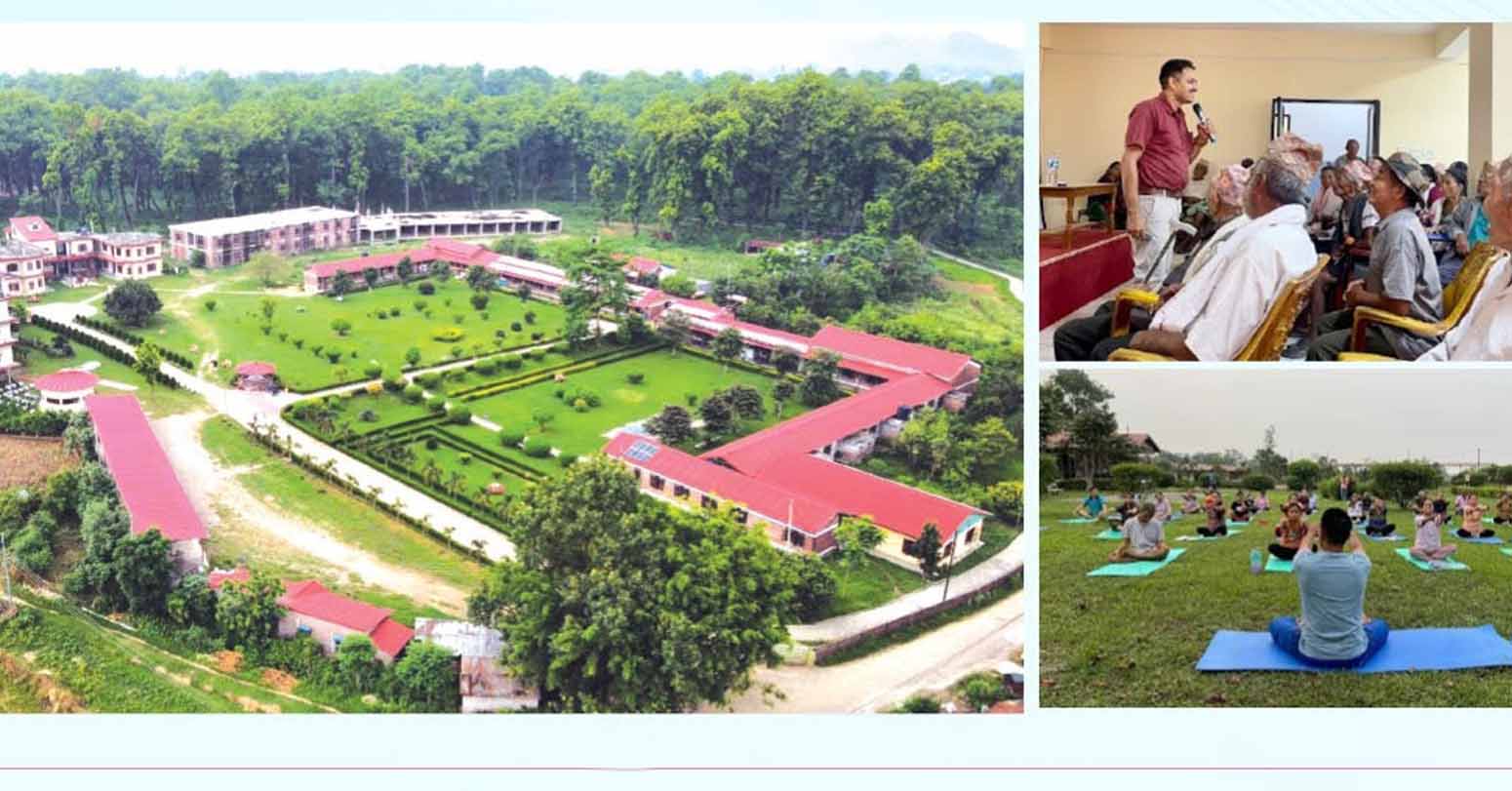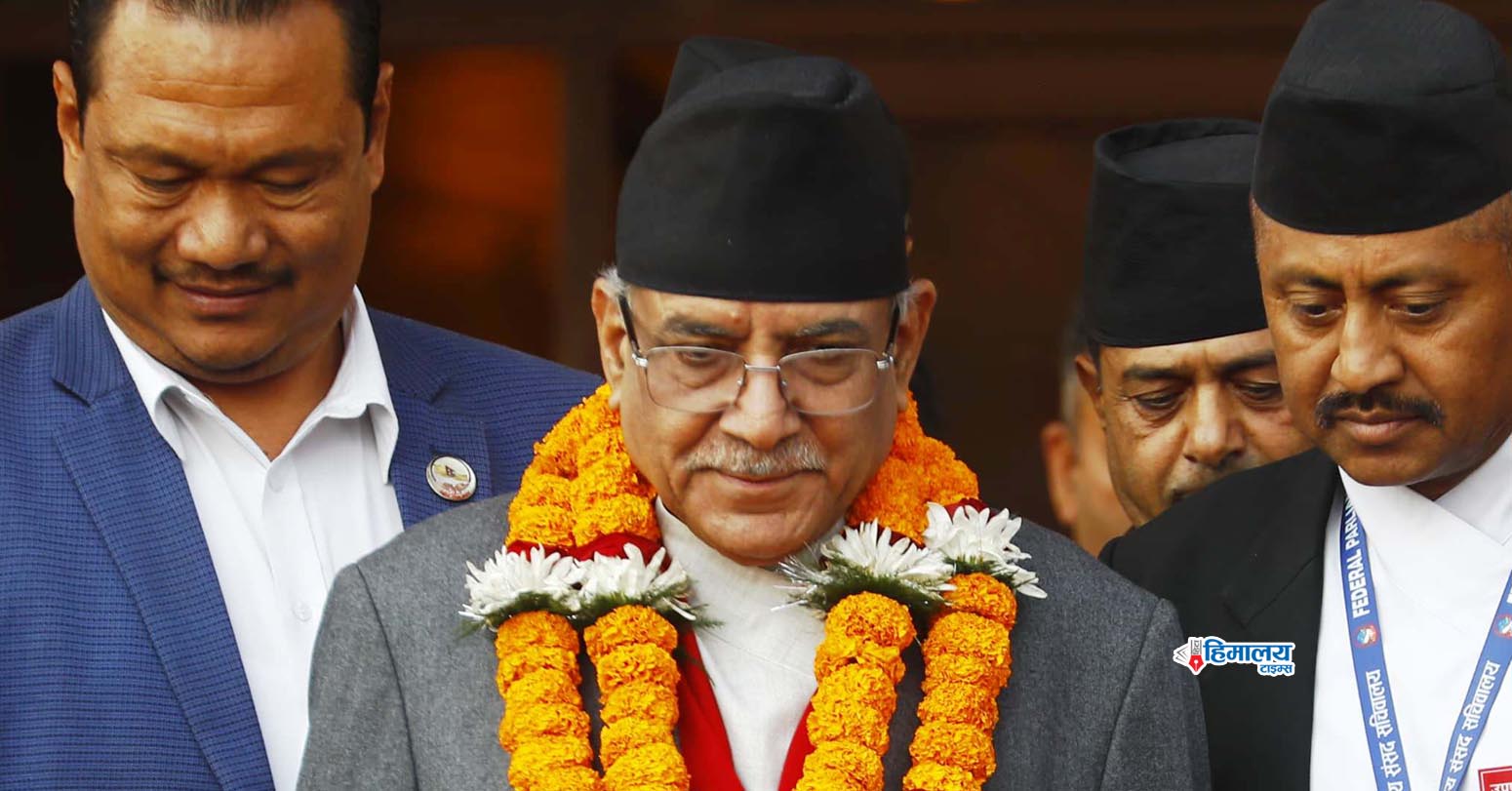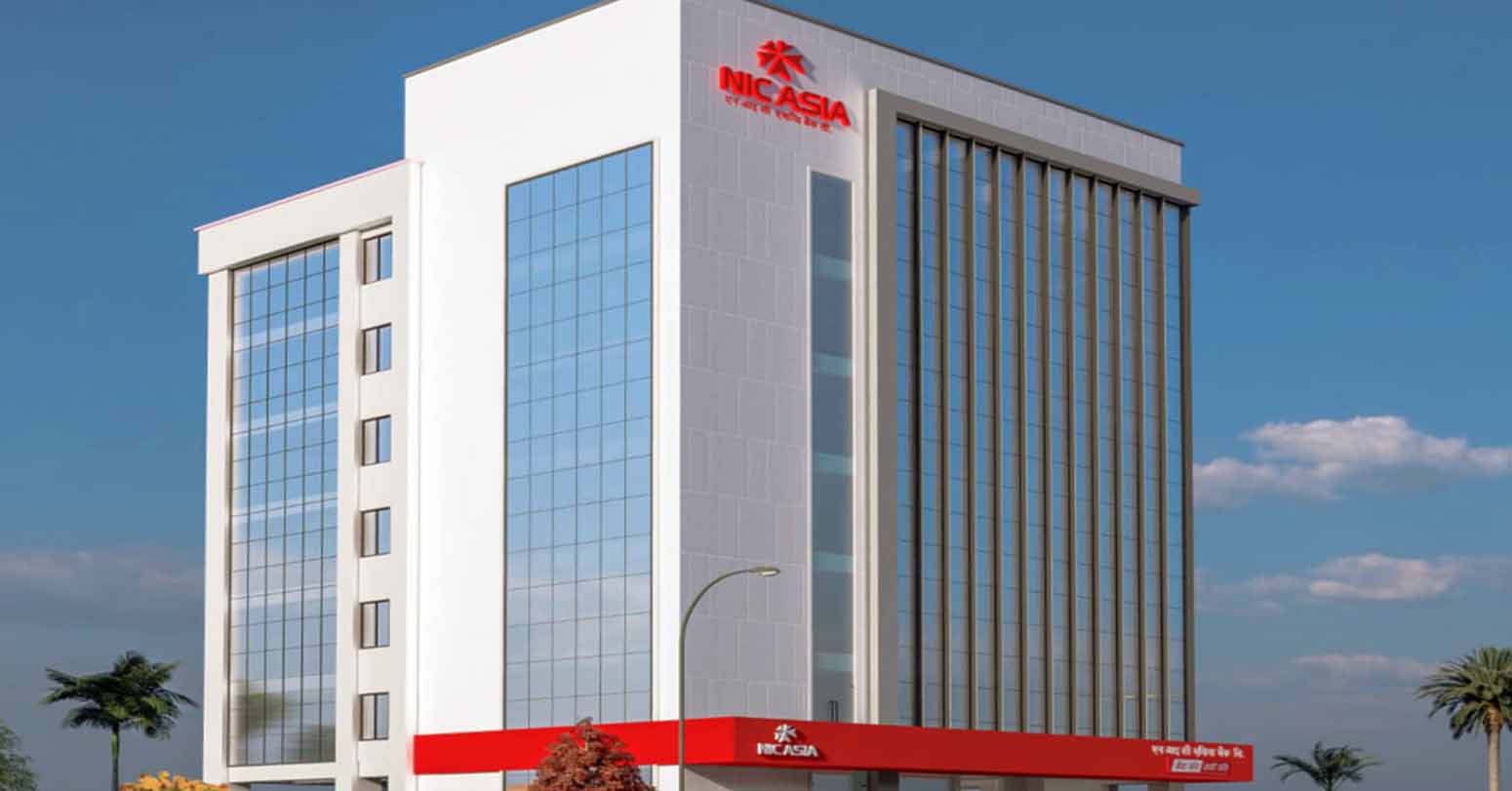
Vishal Group, one of Nepal's largest corporate organizations, has repeatedly been involved in controversies. The organization is in the limelight for grabbing federal land and producing goods of substandard quality. An arrest warrant was issued last week against Abhinav Singhania, managing director of five of the group's firms, in connection with the embezzlement of land belonging to the Bal Mandir, a children's charity.
A warrant had been issued against 20 people after former charity officials and members of business houses were discovered utilizing the organization's property for commercial purposes.
Singhania, a senior member of the Vishal Group, is originally from Gujarat, India, but has lived in Nepal for the past five years. Singhania is the managing director of the group's operations, including Pharma X Nepal Pvt Ltd, Pharma Life Nepal Pvt Ltd, Rai School, Sukalpa International, and Brihaspati Vidyasadan School.
The group has been exploiting the land for decades by paying minimal rent. Vishal Group leased the organization's land for nominal price but has been charging exorbitant rent to others. Allegedly organization's then-president, Rita Singh Vaidya, handed over the custody of the land which was under the authority of Bal Mandir.
Brihaspati School and Rai School were run by Vishal Group by renting the land of Bal Mandir. The land-rent dispute at Bal Mandir has been ongoing since 2049 B.S. Since then, the debate has continued till 2080. Because of the developing link between commercial organizations and political power, land that was meant to be utilized to safeguard orphans and vulnerable youngsters ended up in the hands of business firms. Rita Singh Vaidya, then-President, leased the property to corporate organizations at a low cost because of her political power and authority. On Baisakh 26, 2049, the Vishal Group leased the 9 ropani of land inexpensively and established Brihaspati Vidyalaya.
At the time, annual rent was stated at 42 lakh 16 thousand 608 rupees. An agreement was also reached to provide a 20% reduction if the rent is paid in advance for further benefits. Despite all of these agreements, there is no systematic record of how and when the Vishal Group's Brihaspati school paid its rent to the organization.
However, Brihaspati extended the lease period and added five ropani and two annas of land on January 8, 2058. On Shrawan 21, 2059, Brihaspati offered to lease 13 more acres of land for 30 years. Less than a week later, the meeting of the children's organization held on the 30th Shrawan decided to provide an additional 13 ropani, 12 annas, and 1 paisa of land under lot number 760 until the year 2088.
Based on the decision, on 11 Bhadra 2059, the organization and Brihaspati Vidyasadan signed a 30-year term leasing agreement. The contract of 2059 was set to end in 2088/089, but 16 years before that date, on 21st Jestha 2072, the organization agreed to lease 29 ropani and four annas, of land in Bal Mandir to Brihaspati for Rs 6 per square foot. Furthermore, it was decided that Brihaspati Vidyasadan might remain on the Bal Mandir's territory for another 43 years after 2089 (until 2131 B.S.).
Furthermore, after obtaining the right of enjoyment for an indefinite term based on power and access, Brihaspati Vidyalaya subleased five ropani of the Bal Mandir premises to the Rai School, which is operated by the Indian Board. Brihaspati Vidyasadan agreed to pay the organization an annual fee of 90 lakh rupees for the land. However, after obtaining the property, Brihaspati leased the 5 ropani of land to Rai School for 60 lakhs in annual fee.
Vishal Group conducts additional deceptions. Kamala Rolling Mills, a Vishal Group subsidiary company, manufactured low-quality rods. Nepal Bureau of Standards & Metrology initiated action against Kamala Rolling after determining that the company had manufactured and sold rods that did not match the statutory specifications. Kamala Rolling's FE 500 TMT bar 10 mm, 16 mm, 20 mm, and 25 mm rods were discovered to have additional chemicals. Kamala Rolling Mills' license was suspended when they were found to be producing substandard rods.
Also, expired food items produced and supplied by Vishal Group were re-marketed with new labels, posing a major risk to consumer health. A coordinated investigation between the police and the Department of Commerce Supply and Consumer Protection recovered a huge number of expired food goods with fresh labels. Police raided Kalanki and Bafal, arresting eight people for placing a new tag on expired items and sending them to market.

















Middle-aged man spends millions to
Dr. Dharam Raj Upadhyay: Man
Children, Greatest Victims Of Sudan’s
Breathing The Unbreathable Air
Comprehensive Data Protection Law Critically
Gender Differences In Mental Healthcare